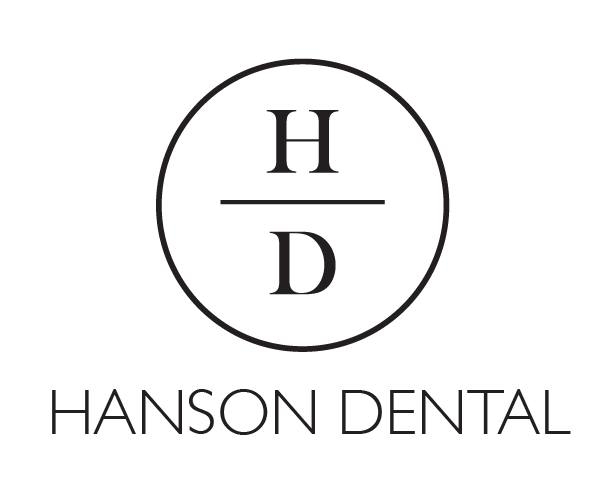People get braces for a variety of reasons. From alignment issues to ultimately being able to take better care of your teeth, braces can serve many purposes. The impact of braces goes far beyond just improving your smile. Keep reading to learn more about the different reasons people get braces.
1. To correct alignment problems
For many people, braces are the first step in achieving their ideal smile. However, braces do more than just improve appearance; they also correct alignment problems that can lead to dental health issues later on in life. We’ll go into some of these in more detail, but some common alignment problems that braces can fix include:
- Overbites
- Underbites
- Crossbites
- Gaps between teeth
2. To improve the appearance of teeth
Approving the appearance of teeth may be one of the first reasons people consider getting braces. After all, a straighter, more uniform smile can boost confidence and self-esteem. Whether you’re looking to improve your appearance for a special event or simply want to feel better about yourself, braces can help you achieve your goal.
In fact, a study done by Invisalign found that crooked teeth vs. straighter teeth have an impact on how people may be perceived in the following areas:
- Success
- Personality
- Trustworthiness
- Attracting a dating partner
- Leaving a positive lasting impression
3. To fix bite problems
Crooked teeth can cause a number of issues, including difficulty chewing, pain when biting down, and even conditions like TMJ, (or Temporomandibular Joint Disorder).
Left untreated, people may experience long-term bite problems that can lead to pain and damage to the teeth. In some cases, people may even need to see a jaw specialist in addition to getting braces.
4. To help with speech impediments
Treatment involving braces can help to correct misalignments that can cause problems with producing clear speech sounds. For example, problems such as lisping, or the inability to pronounce certain sounds correctly, can often be helped by braces.
In some cases, braces may be used in combination with other treatments, such as speech therapy, to help people overcome their impediments. While braces are most commonly associated with pre-teens and teenagers, adults can also benefit from this treatment. If you are considering braces to help with a speech impediment, be sure to consult with a qualified dentist or orthodontist to see if this treatment is right for you.
5. To prevent tooth decay and gum disease
In short, braces are not just for looks; they are also an important investment in long-term oral health. sought-after commodity these days: a great smile.
Tooth decay is caused by bacteria in the mouth that produce acids that eat away at the enamel of the teeth. This can lead to cavities and eventually, tooth loss and/or gum disease. With straighter teeth, it’s easier to brush and floss around the teeth, reducing the tarter and plaque build-up that can lead to cavities.
Gum disease is an inflammation of the gums that can eventually lead to bone loss and tooth loss. Just as with tooth decay, braces can make it easier to brush and floss around the teeth, which also helps reduce the risk of gum disease.
Do you have questions about getting braces?
Here are a few common questions we’re asked:
- Can adults get orthodontic treatment?
- Why should I consider getting braces?
- How should I care for my teeth while wearing braces?
- How do I care for my oral health when wearing braces?
At Hanson Dental, we’re here to answer any questions you may have about braces and orthodontic treatment. Contact us today to schedule a consultation!
Image credit: DMEPhotography / iStock / Getty Images Plus

